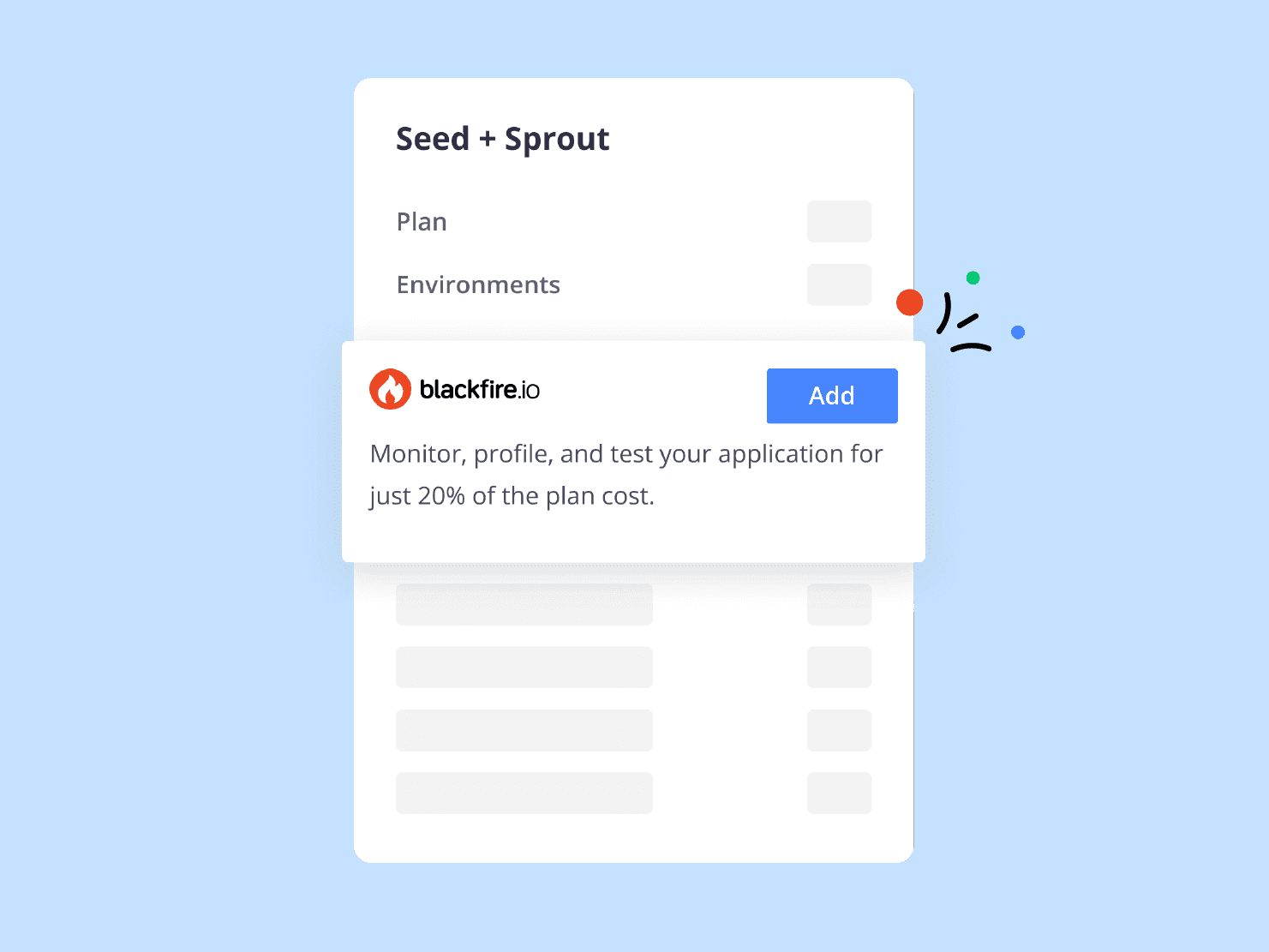Software has eaten the world. The explosion of devices, screens and the global expectation for any connected thing we use to be super smart, has taken the need for software development to an unprecedented level. Consequently, this has made software developers the new heroes and has opened the gates to a brand new generation of entrepreneurs.
This new generation of entrepreneurs and startups has taken over a borderless playground for entrepreneurship. The rule to the game and barrier to entry no longer is the capital expenditure (at least not in the first phase), but the « know how » of writing good and smart software. Software that delivers a new experience, software that improves productivity, software that cracks a hard problem, software that makes something awkward into something usable, software that can predict behaviours, software that thinks like a human, or software that is fun to use. Software is everywhere and certainly the amount of opportunities of building software companies is greater than ever.
But, here’s the paradox. Even though it has never been simpler to start a business, it is also harder to succeed. So many startups simply do not pass the first level of delivering software that solves a monetizable problem. The level of competition is reaching a paroxysm and the winners are those who can think fast, move fast without breaking things too much, and build great customer experiences. Doing this well requires the following capabilities in an entrepreneur: bringing together deep technology skills, keeping an eye on a fast-evolving environment and then on top of that, possessing the managerial skills that get the most out of a fastly growing team.
So how can today’s entrepreneurs ensure that they are building great software that’s backed by a great team and that would be attractive for VC funding?
Via our Readyfor.VC survey, we looked for best practices and found many interesting trends and anecdotes from an initial sample of data from startups in July at Vivatech in Paris, France. Here’s a detailed look at three of them.
Almost all startups we talked to have a CTO co-founder
 This is a clear trend. Technical people and engineers are now completely embracing the entrepreneurial wave. This was not necessarily the case in the past. A majority of startups were built by « business » people that came out of business schools or were self-made. Engineers were less inclined into entrepreneurship. That time is over. Now it’s more and more obvious that no software company can be created without having a technical founder highly invested in the business. Moreover, freshly graduated engineers are now as attracted to entrepreneurship as their fellow MBA friends and this is good news.
This is a clear trend. Technical people and engineers are now completely embracing the entrepreneurial wave. This was not necessarily the case in the past. A majority of startups were built by « business » people that came out of business schools or were self-made. Engineers were less inclined into entrepreneurship. That time is over. Now it’s more and more obvious that no software company can be created without having a technical founder highly invested in the business. Moreover, freshly graduated engineers are now as attracted to entrepreneurship as their fellow MBA friends and this is good news.
Formal roadmap is shorter
 One of the surprising findings was on the actual horizon of a startup product plan:85% of the respondents claimed that the horizon of their formal roadmap was 6 months, and this timeframe seems incredibly short.
One of the surprising findings was on the actual horizon of a startup product plan:85% of the respondents claimed that the horizon of their formal roadmap was 6 months, and this timeframe seems incredibly short.
Can startup founders really be that shortsighted? Can one lead a company to success with such a limited vision of the future?
In fact, it sort of makes sense. Just like software teams, software roadmaps have become very agile, and there are several reasons for that:
- The environment is constantly changing at a fast pace. Competitors move very fast, customers are demanding, and marketing tactics constantly need new things to say all the time. Is it still ok for a customer to hear the feature he requested will come in 18 months?
- Adoption of agile methodologies by the whole software development industry. Scrum, Kanban and all their cousins are now mainstream in software development. And these methods encourage to reaffirm or reassess priorities regularly. If we can ship often and reevaluate priorities regularly, it’s probably more acceptable to have shorter timeframes, right?
- The continuous deployment chain has become so automated. Shipping new features should now be both safe and fast (if it’s not for you, then you may want to engage with us, we can probably help. Platform.sh is one of the disruptive players in this field). This means software development teams can deploy several times per week unlike when they were used to deploying a few times per quarter a few years back.
New practices in managing a development team
There are definitely many trends in management that seem to replace the semi-military style in which large engineering teams were sometimes managed. Some of these trends include the ability of on-boarding remote engineers for a short or a long period, leaving more freedom to developers on the type of work they will take over, on keeping a focus on quality and tests while leaving room for initiative.
 We found in this survey that 50% work from home regularly (from a few days per month to everyday) and 28% can choose their tasks from a roadmap list. Really ? “You can work from home on whatever topic you want and not get fired? Sounds too good to be true, but can this actually be good for companies?” Yes. The same way it’s widely agreed that salespeople don’t need to be in an office – « ‘cause they’re out there selling. » – software engineers no longer need to be in the same office to code. Being at home is good when you want to concentrate and focus on specific tasks. And there is no specific reason to be working at a specific place anymore. In the software development industry – more than in any industry – cloud productivity software is everywhere.
We found in this survey that 50% work from home regularly (from a few days per month to everyday) and 28% can choose their tasks from a roadmap list. Really ? “You can work from home on whatever topic you want and not get fired? Sounds too good to be true, but can this actually be good for companies?” Yes. The same way it’s widely agreed that salespeople don’t need to be in an office – « ‘cause they’re out there selling. » – software engineers no longer need to be in the same office to code. Being at home is good when you want to concentrate and focus on specific tasks. And there is no specific reason to be working at a specific place anymore. In the software development industry – more than in any industry – cloud productivity software is everywhere.
Check your own startup maturity with Readyfor.vc
Any software startup can plot their VC funding readiness against competitors with the free online survey Readyfor.vc. With the test, entrepreneurs can benchmark their software development skills against other startups of their field and evaluate where the areas where they can improve.
This model was built in collaboration with top European VC fund, Open Ocean, as a guide for entrepreneurs and initial screening. It is the end result of consultations with hundreds of startups, including Blackfire.io, Logmatic.io, Dataiku.com, and from the team that built Platform.sh. The online tool covers key topics that matter on scaling a development team, including roadmap management, methodology, team organization, deployment process, quality insurance, disaster recovery, and support strategies.

“At Logmatic.io, we work hard to improve our product based on customer surveys and behavior analysis. Readyfor.vc survey is a key component of that approach. It works as a check list of all the numerous things on which a technical founder needs to have an eye upon, as well as it provides a benchmark of comparison of what other startups do. Any startup doing software development should take the survey!” says Amirhossein Malekzadeh, Co-founder and CEO of Logmatic.io.
Our goal is to make this test as useful as possible for startup founders.
- We want the test to be helpful to founders who are not happy with their development velocity or concerned with the quality of what they deliver and don’t really know what exactly they need to change and where to start.
- We want the test to help startups that need to convince VCs that they will be able to scale their development team from 2 developers to 10 and maintain quality and celerity.
- We want the test to help smart teams to display their technological maturity of moving fast without sacrificing quality to shine out and become attractive to VCs.
In short, we believe that the ability for a startup to build software has become an essential component of their future success, and that this is still something that is generally under-estimated, sometimes discounted, even by smart investors. We want to help change this.
Please take the test and give us feedback. Help us make this tool even greater!

 Switching to Platform.sh can help IT/DevOps organizations drive 219% ROI
Switching to Platform.sh can help IT/DevOps organizations drive 219% ROI Organizations, the ultimate way to manage your users and projects
Organizations, the ultimate way to manage your users and projects




